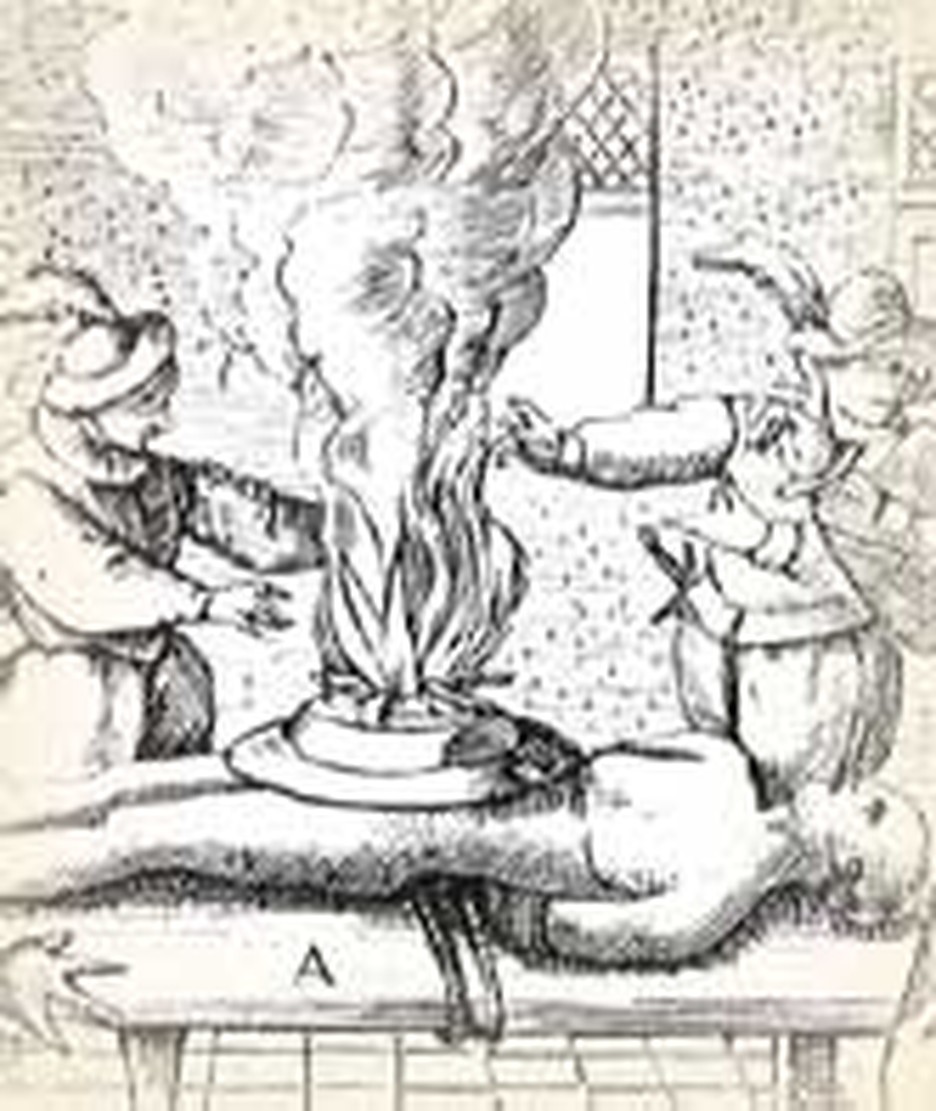
You may all go free if only you will admit that the pope is in no way head of the church."
The pressure was on. But the nineteen Catholic prisoners refused to repeat the required words. They had already refused to renounce the doctrine of transubstantiation. (Catholics teach transubstantiation, that the bread and wine really become the body and blood of Christ, whereas Calvinists view the bread and wine more as symbols.)
During the religious wars that followed the Reformation, hideous atrocities were perpetrated on both sides. Another such was about to take place.
Catholic Spain had ruled the lowlands of Northwestern Europe with an iron rod. In defiance of Spanish rule, much of the region became Protestant. Catholic and Protestants alike united in rebellion against Spain but their unity soon broke down over religious differences. Catholic Spain tortured Protestants; Protestant mobs smashed Catholic images and looted their churches. (Eventually, some time after the little states won freedom from Spain, the Catholics formed the nation we know as Belgium, while Protestants formed the Netherlands.) But meanwhile, there were pockets of Catholics within Protestant areas.
One such pocket was in the small coastal town of Gorcum. It had two Catholic parishes and a Franciscan friary.
Much of the Protestant resistance was carried on from the sea by fighters known as Sea Beggars. The Sea Beggars seized Gorcum on June 26, 1572. They captured the Franciscans and some other Catholic leaders.
After their capture, the men were held in prison for several days. Then, early in July, they were brought by boat to Briel. There they were paraded around the town square and forced to sing the Litany of the Saints while their Calvinist captors jeered. Compelled to debate with Calvinist preachers, they clung to their Catholic beliefs.
Meanwhile, the farmers and fishermen of Gorcum demanded their religious leaders back. Even Protestants called for mercy on the men. William of Orange, leader of the resistance, sent an order commanding that priests and other religious leaders be left alone.
But Lumey, the admiral of the Sea Beggars, had other ideas. He ordered the men hanged. On this day, July 9, 1572, under the supervision of an ex-Catholic priest, they were strung up in a turf shed outside Briel and mutilated. Among the nineteen who died that day was Joannes van Hoornaer, a brave Dominican. When he heard that the Franciscans were in captivity, he hurried to administer the sacraments to them. Another priest also voluntarily joined them. This man was notorious for his womanizing. When this was pointed out to him, he said, "Fornicator I always was; heretic* I never was."
*A heretic is one who holds a doctrine defined by some group as false.
Bibliography:
- Albers, P. "The Martyrs of Gorkum." The Catholic Encyclopedia. New York: Robert Appleton, 1914.
- Baring-Gould, S. Lives of the Saints. Edinburgh: John Grant, 1914, source of the picture.
- "Gorcum Martyrs." The Oxford Dictionary of the Christian Church. Edited by F. L. Cross and E. A. Livingstone. Oxford, 1997.
- Various internet articles and paragraphs in histories of the Netherlands.
Last updated June, 2007







